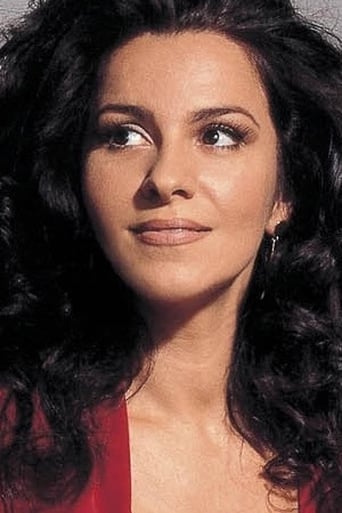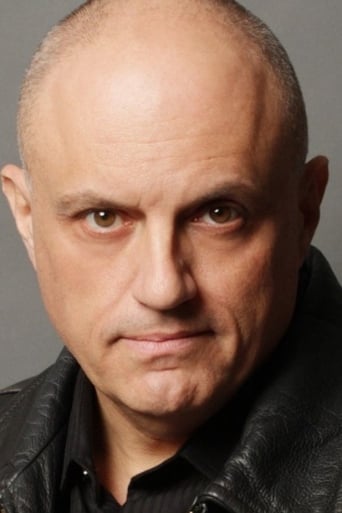Trailer
Synopsis
Cast
La traviata (Italian: [la traˈviaːta], "The Fallen Woman"[1][2]) is an opera in three acts by Giuseppe Verdi set to an Italian libretto by Francesco Maria Piave. It is based on La dame aux Camélias (1852), a play adapted from the novel by Alexandre Dumas, fils. The opera was originally entitled Violetta, after the main character. It was first performed on 6 March 1853 at the La Fenice opera house in Venice. Piave and Verdi wanted to follow Dumas in giving the opera a contemporary setting, but the authorities at La Fenice insisted that it be set in the past, "c. 1700". It was not until the 1880s that the composer and librettist's original wishes were carried out and "realistic" productions were staged.[3]
Similar titles
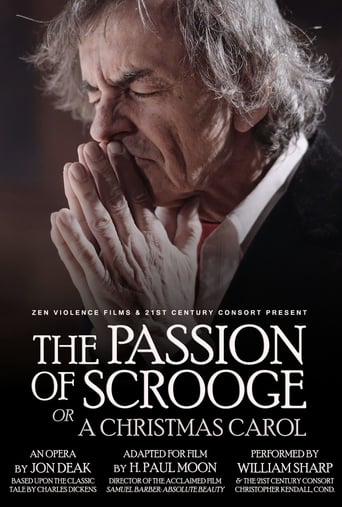
The Passion of Scrooge
Is this a film about Scrooge? About a composer’s life? An opera within an opera? The Passion of Scrooge blurs these lines between performance, documentary, and fiction, into a cinematic concert experience that’s seasoned with magical reality. Composer Jon Deak has adapted Charles Dickens’ timeless tale into a contemporary opera that melts the heart, but doesn’t avoid the darkness in Scrooge that’s still resonant with the material concerns of our time. Using neither period costumes, nor set pieces to reconstruct old England, the film invites you to experience A Christmas Carol with the imaginative possibilities of a radio play. And then, to meet those visions in your head, filmmaker H. Paul Moon‘s floating camera intimately captures musicians performing the score as characters themselves, in this ageless haunted redemption story about “us, every one.”
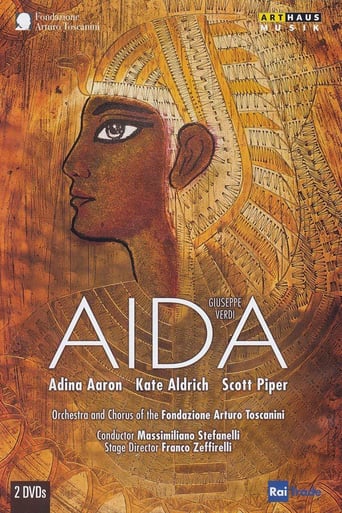
Aida
Verdi’s grand opera “Aida” is given an intimate treatment in Busetto, Italy, in 2001, in a staging with young singers, all coached by the legendary tenor Carlo Bergonzi and staged by Franco Zeffirelli. The result is an astonishing musical and dramatic piece of theater, proving that with the right mix of ingredients, an opera can be staged in a small theater and still achieve a thrilling and moving effect.
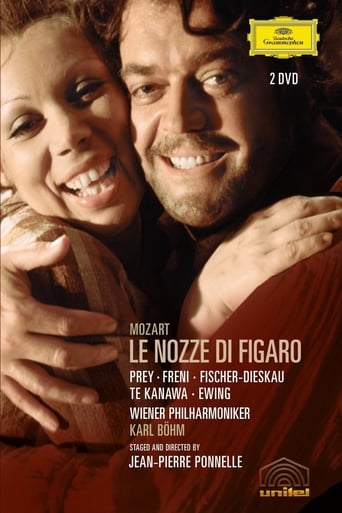
The Marriage of Figaro
Mozart's Marriage of Figaro is a comedy whose dark undertones explore the blurred boundaries between dying feudalism and emerging Enlightenment. Herman Prey's Figaro is admirably sung in a firm baritone and aptly characterized. So too, is his antagonist, Dietrich Fischer-Dieskau as the Count perpetually frustrated by the scheming wiles of Figaro and Susanna, here the perky Mirella Freni, who sings and acts like a dream. The Countess is creamy-voiced Kiri Te Kanawa, and the Cherubino, Maria Ewing, looks just like the horny, teenaged page she's supposed to be. The all-star leads are complemented by worthy supporting singers, the Vienna Philharmonic at the top of its form, and the experienced Mozartian, Karl Böhm conducting a stylishly fleet performance.
You May Also Like
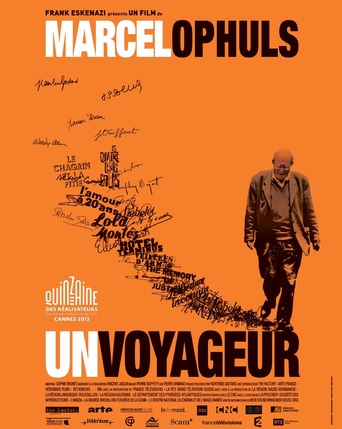
Ain't Misbehavin
18 years after his last film, (The Troubles We've Seen), Marcel Ophuls emerges from retirement as one of our last masters, the most corrosive, the funniest as well. And the most forceful. The director of The Sorrow and the Pity shares with us stories of his exceptionally rich life in this light-hearted yet bitter escapade though the century and the movies. Son of the great Max Ophuls, he is generous in his admiration. We also meet Jeanne Moreau, Bertolt Brecht, Ernst Lubitsch, Otto Preminger, Woody Allen, Stanley Kubrick and of course François Truffaut. There are no great filmmakers without a memory, so here is the memory shop of Marcel Ophuls.
Top Streaming Movies
#1
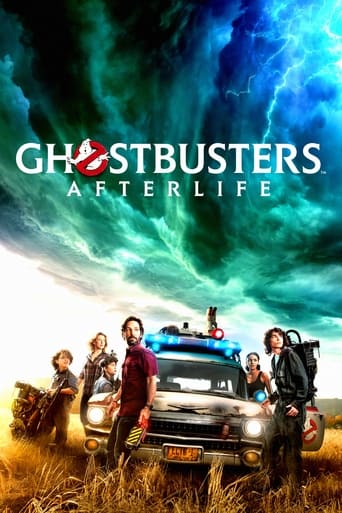
Ghostbusters: Afterlife
November. 19,2021
7.1
#2
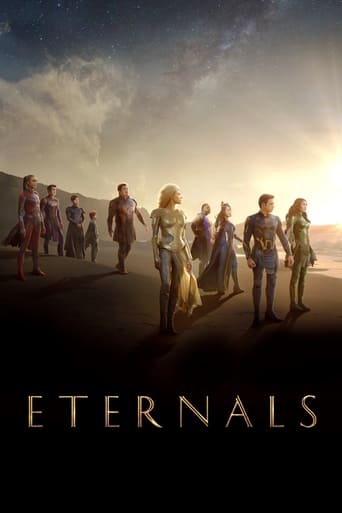
Eternals
November. 03,2021
7.1
#3

Resident Evil: Welcome to Raccoon City
November. 24,2021
5.2
#4
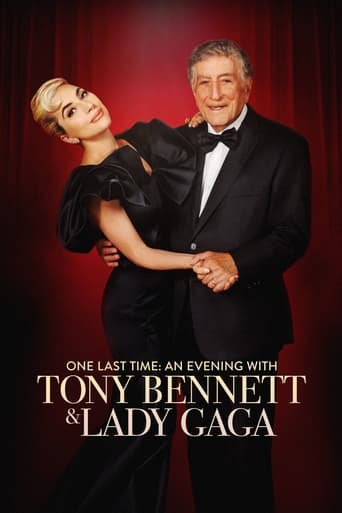
One Last Time: An Evening with Tony Bennett and Lady Gaga
November. 28,2021
8.3
#5
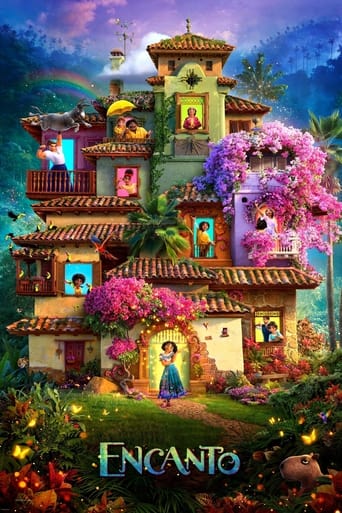
Encanto
November. 24,2021
7.2
#6

Shang-Chi and the Legend of the Ten Rings
September. 03,2021
7.4
#7

Dune
October. 22,2021
8
#8
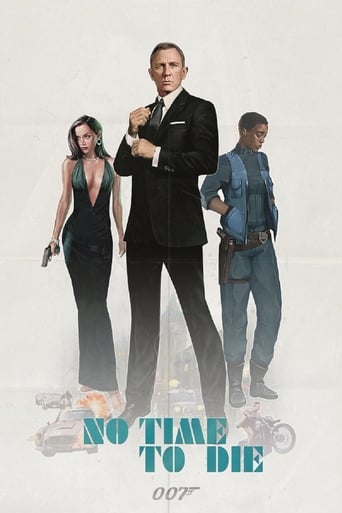
No Time to Die
October. 08,2021
7.3
#9

Venom: Let There Be Carnage
October. 01,2021
5.9
#10
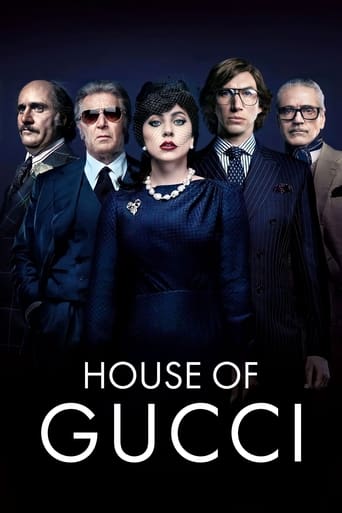
House of Gucci
November. 24,2021
6.6


